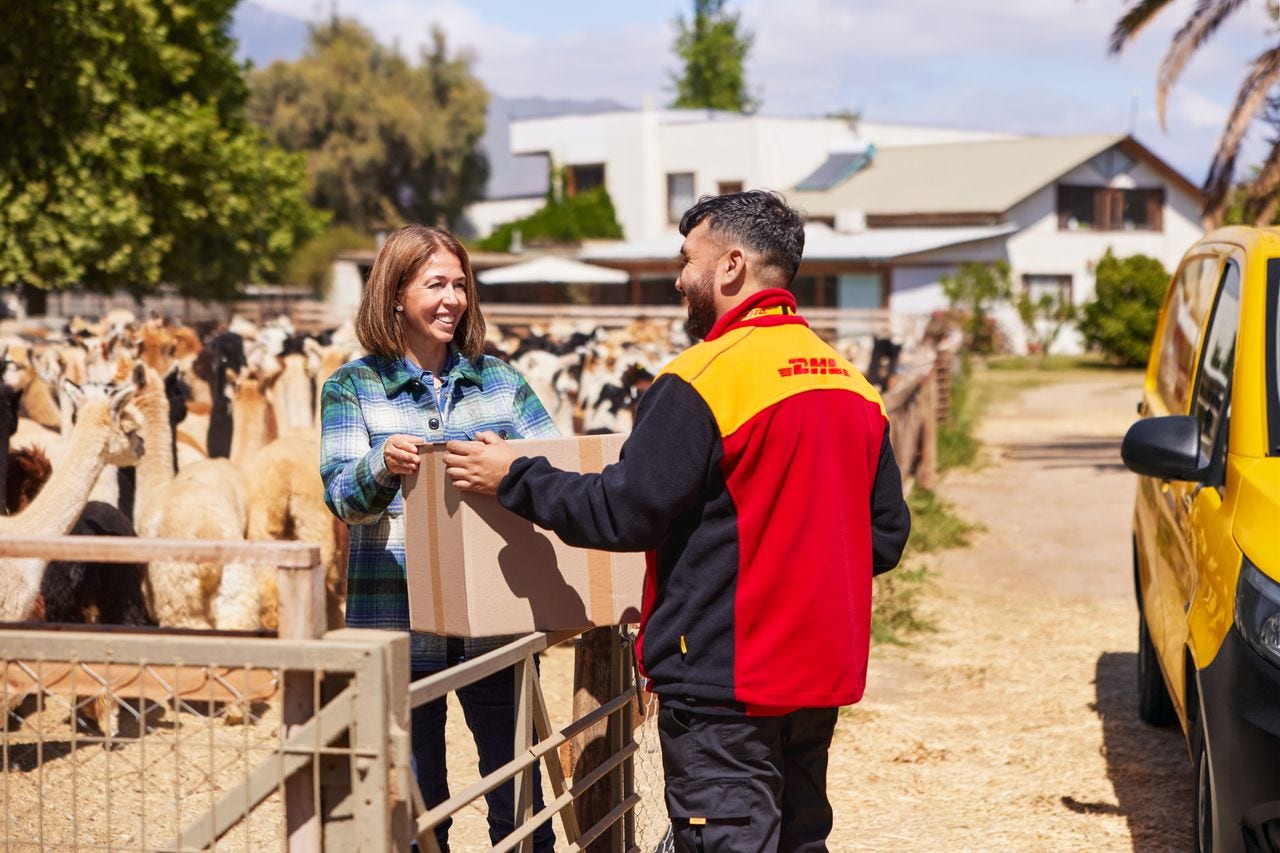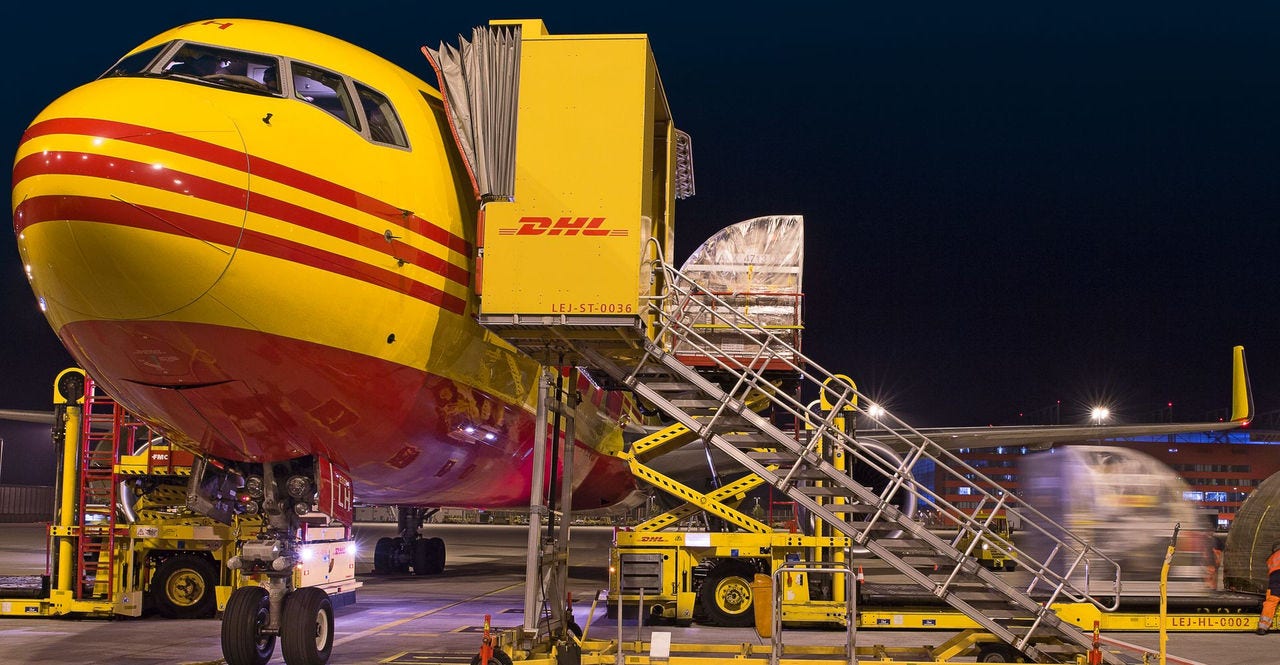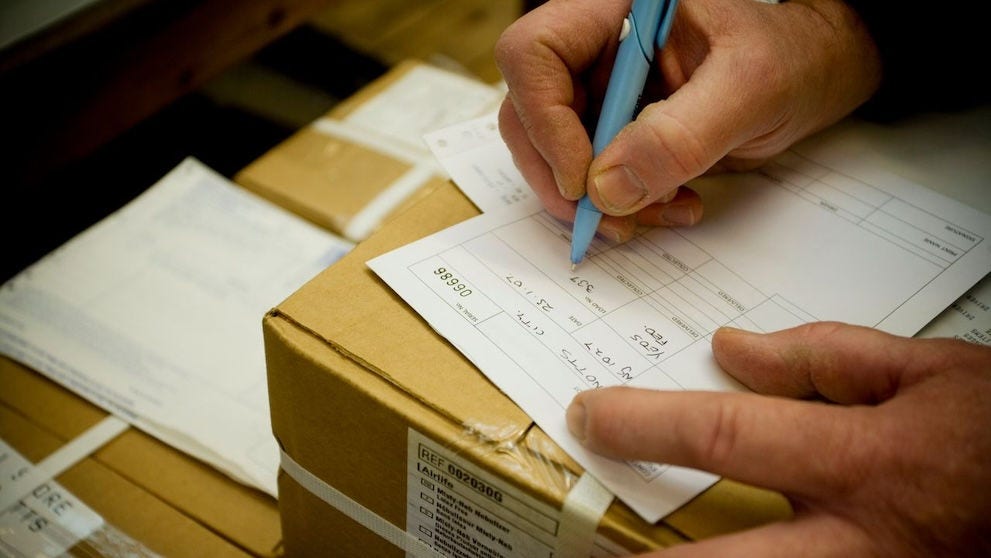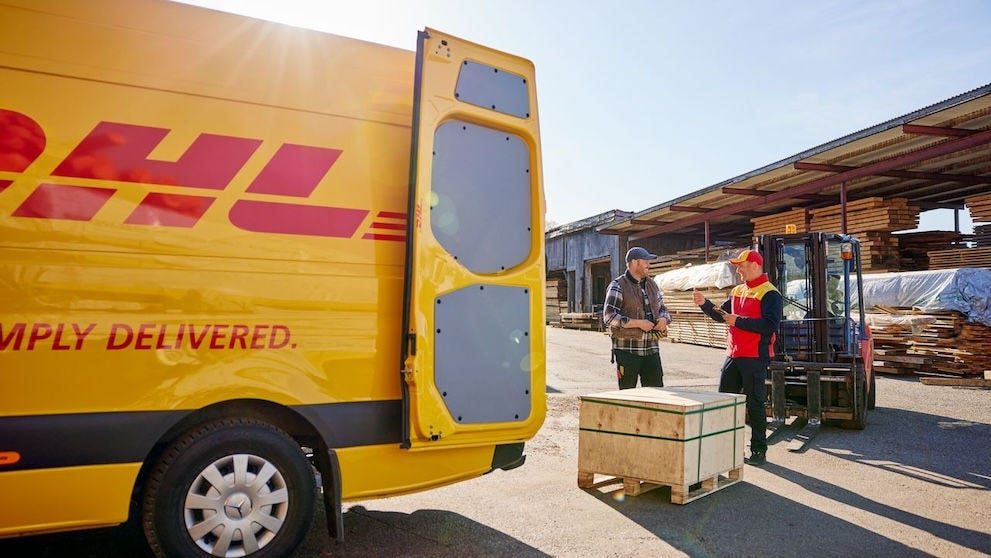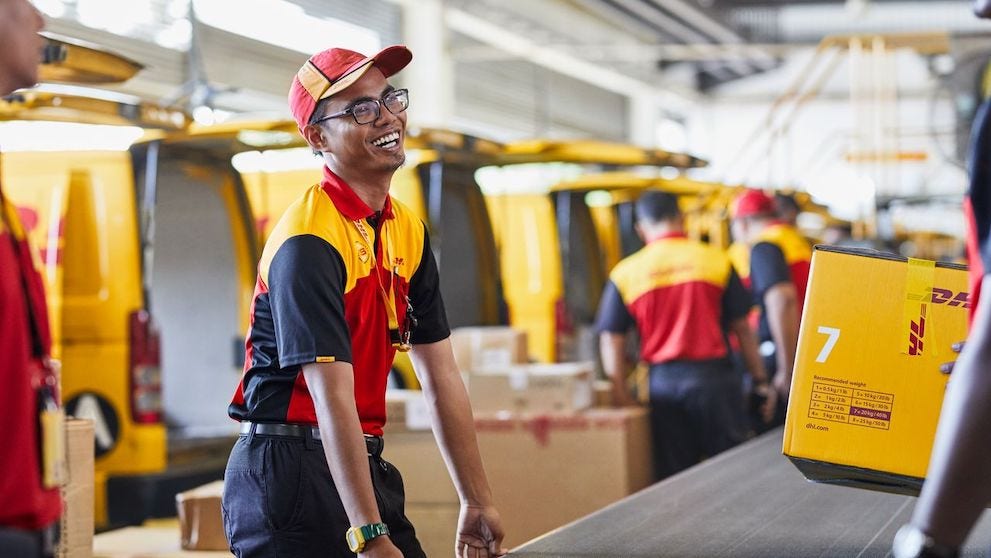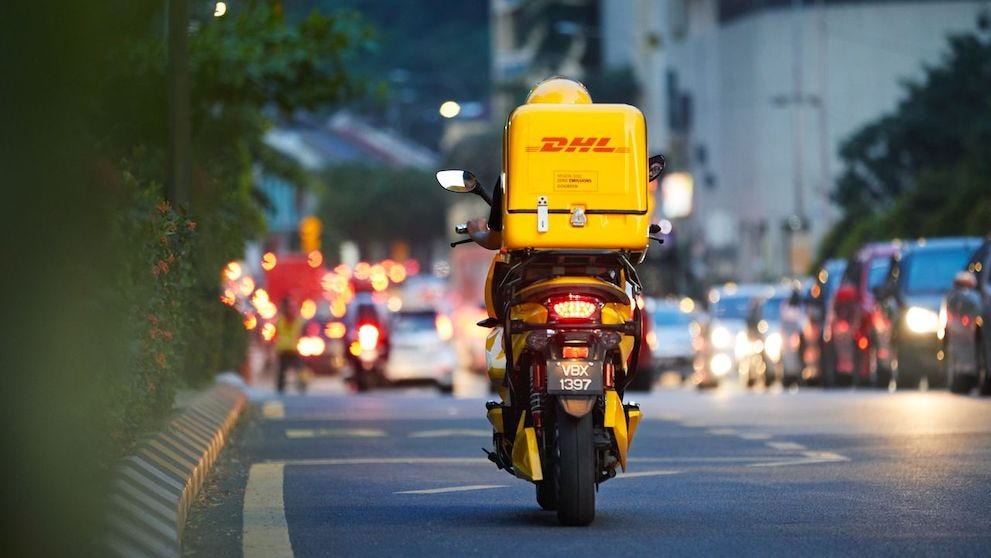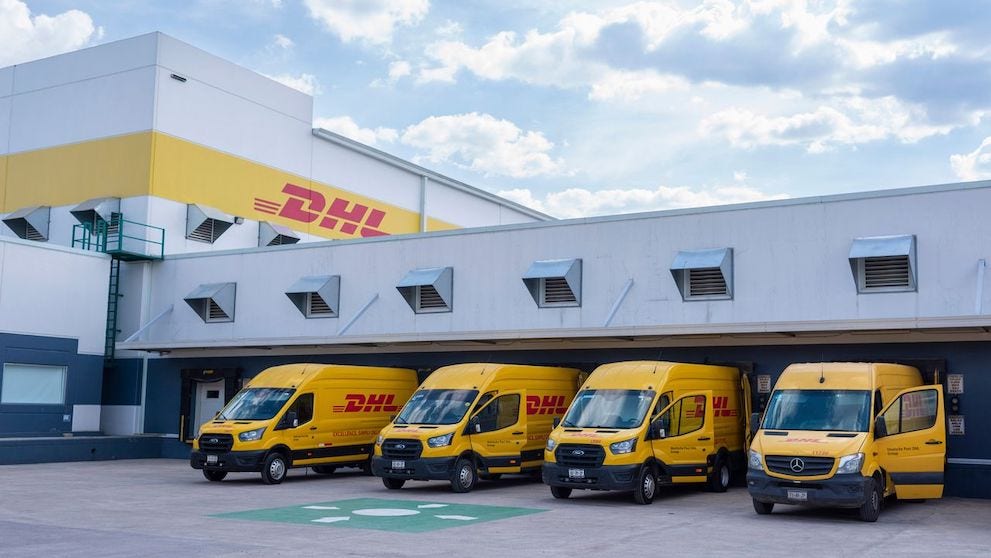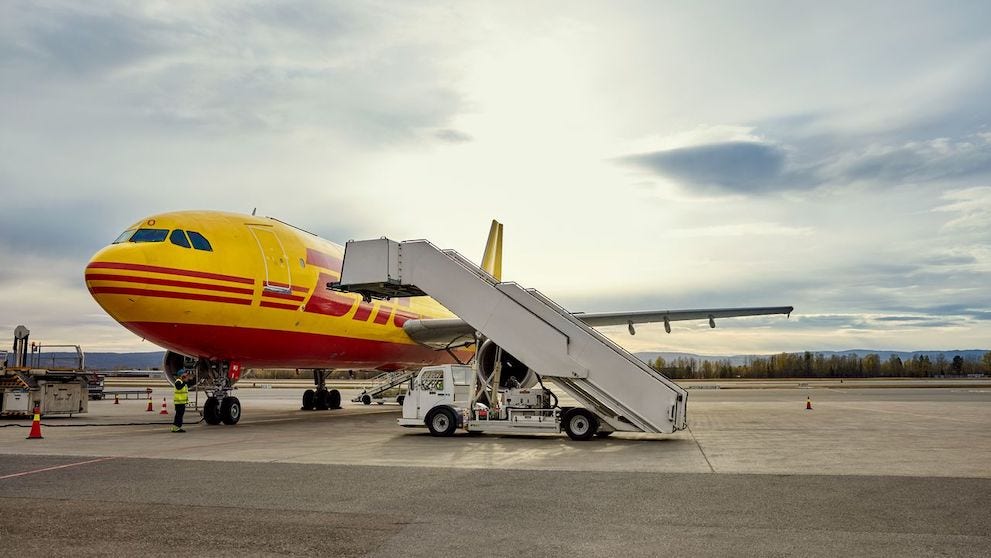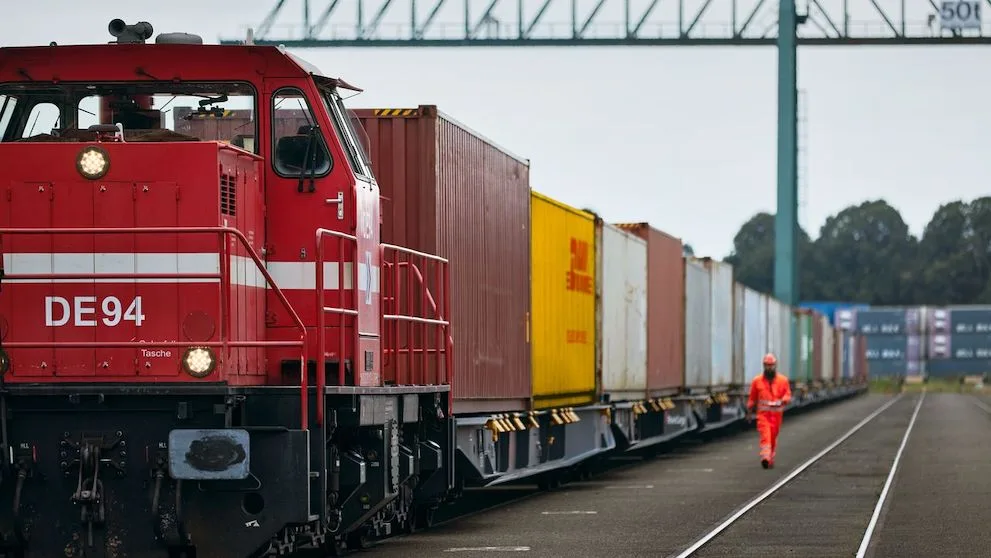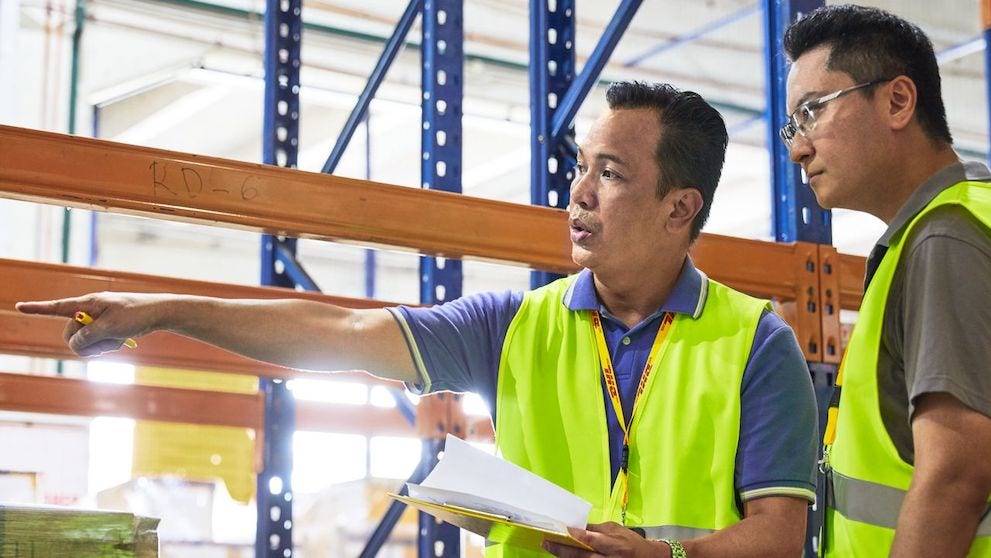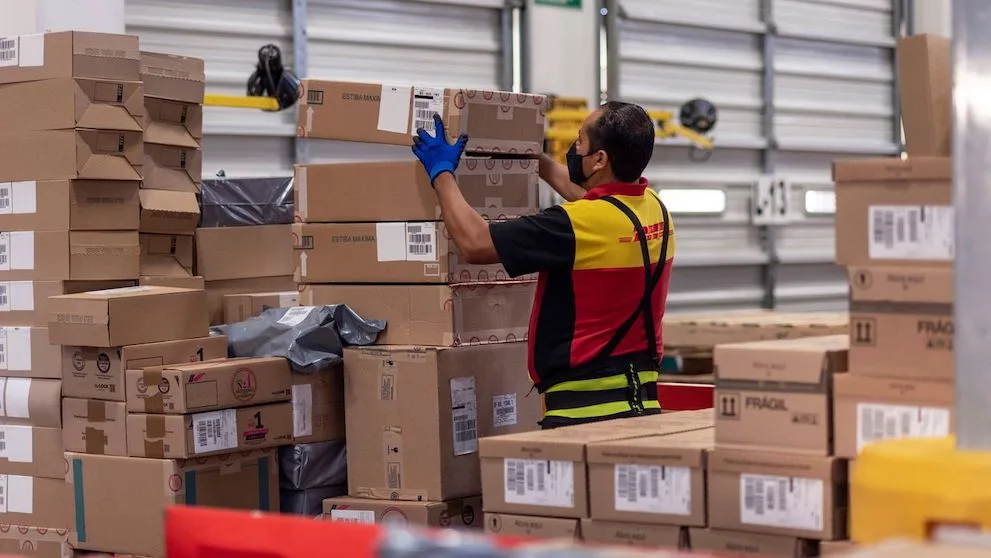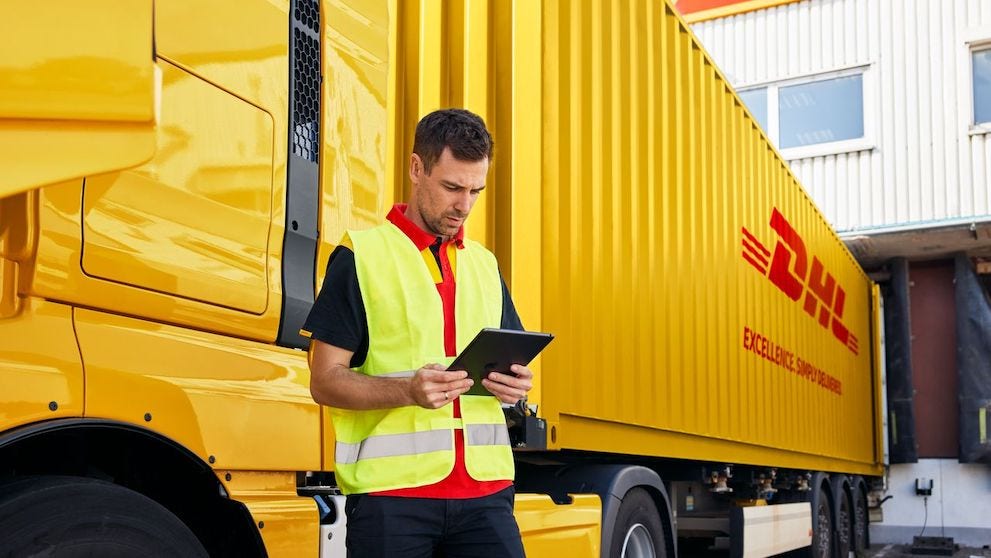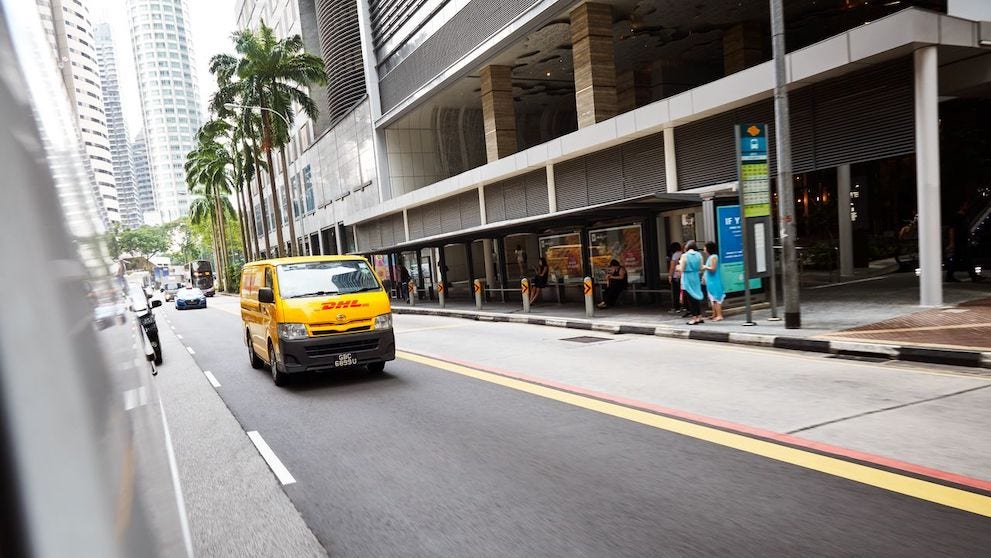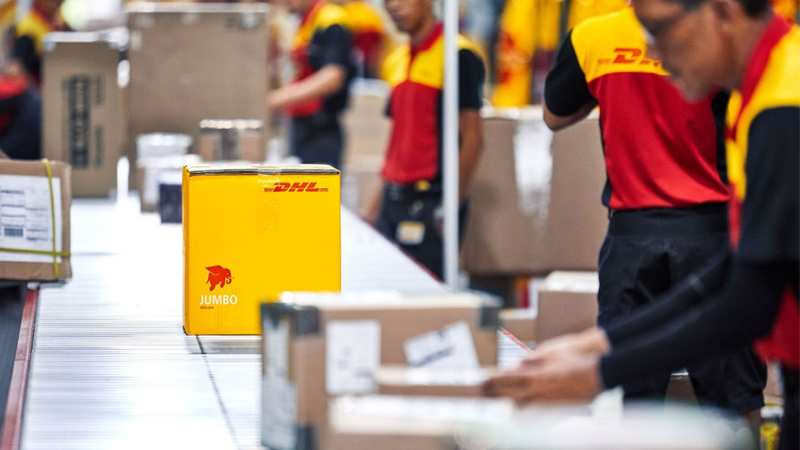
Belgium's thriving economy and strategic location at the crossroads of Europe make it a significant trade partner for Singaporean businesses looking to expand into European markets. As a key international business hub, Belgium provides access to over 500 million European consumers, making it an attractive destination for exporters.
According to Trading Economics, Belgium imports from Singapore were valued at US$2.3 billion during 2023, with the top five imports being organic chemicals, pharmaceutical products, machinery, pearls and precious stones and plastics.
Businesses in Singapore looking to ship to Belgium may face challenges navigating the complex European shipping processes, customs regulations, and import duties. It is crucial for Singaporean exporters to understand these intricacies to ensure smooth and successful shipments. This guide will help you comply with Belgium customs regulations, prepare the necessary documentation, and accurately calculate Belgium import duties to ensure your goods reach their destination without issues.
Step 1: Understanding Belgium customs
To successfully ship to Belgium, it's essential to understand and comply with Belgian customs regulations. Below is a list of the key documents required for exporting goods to Belgium, along with specific customs procedures and regulations that businesses should be aware of when shipping to a member state of the European Union (EU).
Key documents needed to ship to Belgium from Singapore
- Commercial invoice: This document provides detailed information about the goods being shipped, including their description, quantity, value, and HS (Harmonized System) code. The commercial invoice is used by Belgian customs authorities to assess Belgium import duties and VAT.
- Packing list: A packing list details the contents of each package, including the weight, dimensions, and type of packaging. This document helps Belgium customs officials verify the shipment's contents and ensures that all items are accounted for. The information on the packing list must match the details provided in the commercial invoice.
- Certificate of origin: This document certifies the country where the goods were manufactured. It is especially important when taking advantage of preferential tariff rates under trade agreements like the EU-Singapore Free Trade Agreement (EUSFTA).
- Import license (if applicable): Some goods require an import license to enter Belgium. Items such as certain chemicals, pharmaceuticals, and agricultural products may need special permits. It’s important to check with Belgian customs to determine whether your shipment requires an import license.
Specific European Union documents and procedures
In addition to the standard documents above, there are specific customs procedures and requirements unique to Belgium as part of the EU that businesses need to be aware of:
- Economic Operators Registration and Identification (EORI) number: An EORI number is mandatory for all businesses importing or exporting goods to or from the EU, including Belgium. This unique identification number is used by customs authorities across the EU to track shipments and ensure compliance with customs regulations. Businesses must register for an EORI number before shipping goods to Belgium.
- Registered Exporter System (REX): The REX system is used by exporters in certain countries, including Singapore, to certify the origin of goods under the EU's Generalised Scheme of Preferences (GSP). For Singaporean businesses looking to ship to Belgium under the EUSFTA, registering as a REX allows them to benefit from preferential tariff rates. The REX statement must be included on the commercial invoice or any other commercial document that describes the goods sufficiently for identification.
Restricted and prohibited items
Belgium, as an EU member, adheres to the EU’s TARIC (Integrated Tariff of the European Union) regulations regarding the import of certain goods. To determine if a product is prohibited or subject to restrictions, check the TARIC for the following codes:
- CITES: Convention on International Trade of Endangered Species
- PROHI: Import Suspension
- RSTR: Import Restriction
Some examples of restricted and prohibited items are:
Restricted Items:
- Firearms and ammunition
- Certain chemicals
Prohibited Items:
- Endangered species
- Narcotics and illegal drugs
- Counterfeit goods
If you are using a logistics provider, be aware that they may have their own list of prohibited and restricted items that differ from those of the destination country.
Step 2: Calculating import duties and taxes when you ship to Belgium from Singapore
It’s important for businesses in Singapore to understand Belgium import duties and taxes for accurate cost estimation. These charges are typically based on the product's value, classification, and origin.
- Import Duties: Import duties are taxes imposed on goods brought into Belgium. The duty rate depends on the product classification under the Harmonized System (HS) code. Goods that qualify under the EUSFTA may benefit from reduced or eliminated tariffs.
- Value Added Tax (VAT): Belgium imposes a VAT on imported goods. The standard VAT rate is 21%, but some goods may qualify for reduced rates or exemptions. VAT is calculated based on the total value of the goods, including shipping and insurance costs.
DHL Express offers a landed cost estimator that allows you to enter product details and quickly calculate import duties, VAT, and other fees, helping you manage costs when you ship to Belgium.
Check if your goods fall under the EUSFTA
What is the EUSFTA?
The EU-Singapore Free Trade Agreement (EUSFTA) is a trade agreement between the European Union and Singapore designed to eliminate trade barriers and facilitate economic cooperation. It aims to reduce tariffs, enhance market access, and simplify customs procedures, making it easier for Singaporean businesses to export goods to EU countries, including Belgium.
Benefits for Singaporean Businesses
Under the EUSFTA, many goods shipped from Singapore to Belgium enjoy reduced or eliminated tariffs, making it more cost-effective to enter the Belgian market. Additionally, the agreement streamlines customs procedures, reducing clearance times and enhancing efficiency. This opens up greater opportunities for Singaporean exporters to expand their presence in Belgium with minimal trade barriers.
Step 3: Find a reliable logistics partner

Wondering how to ship overseas from Singapore to Belgium? Shipping goods internationally can be challenging, but with DHL Express, Singaporean businesses can ship to Belgium with confidence.
As a leading international courier in Singapore and around the world, DHL Express has extensive experience in handling shipments to Belgium. Our team of experts can advise you on Belgium customs and import duties to minimise the risk of delays or additional charges.
To streamline the shipping process, DHL Express also offers value-added services, including customs brokerage to simplify clearance, door-to-door delivery to ensure your shipment arrives safely at its destination, and comprehensive import/export guidance to help businesses navigate complex international shipping procedures.
Create a business account today and experience how an express courier can make your shipments to Belgium seamless and stress-free.




